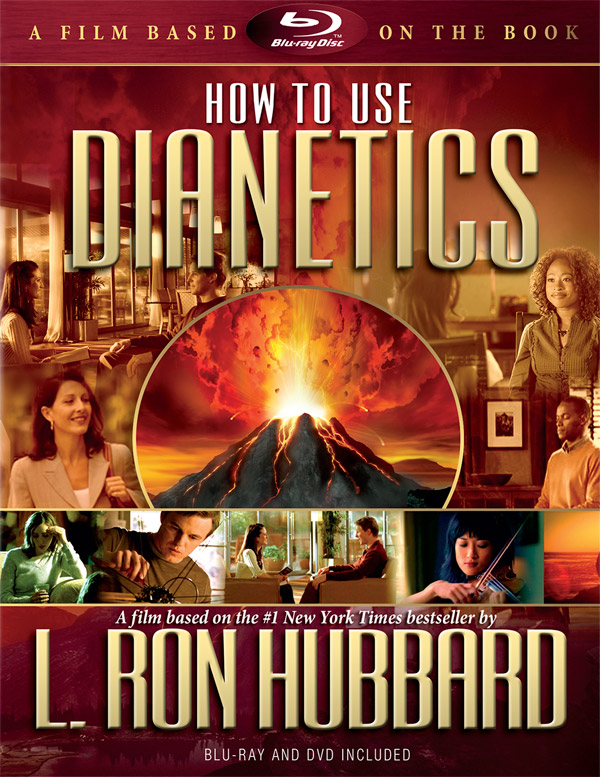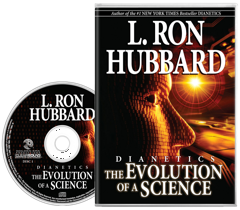Some Known Questions About Dianetics.
Some Known Questions About Dianetics.
Blog Article
The Ultimate Guide To Dianetics
Table of ContentsThe Greatest Guide To DianeticsDianetics Fundamentals ExplainedThe Main Principles Of Dianetics Not known Factual Statements About Dianetics
I couldn't ever not want to get anything that comes to mind for you- if it was or else, I wouldn't be sitting here with you, doing this. I not only could never ever have an issue, or not want to listen to something that comes to mind for you, yet I'm entirely eager to recognize every idea, every idea, every photo or feeling that emerges or manifests for you- do not ever believe or else, and if somehow you do, please just let me recognize! Sometimes, you may have an idea, and picture, idea or incident appear that does not appear to address the question, or connect to it, however however, constantly do tell me concerning it, and as we proceed, the significance will emerge for you.This is fundamental in the basis of handling, and the subject of this discussion: the basic roles of the therapist and the client: The fundamental function of the counselor is, in contrast to "basic training", not to control, which means to enforce and/or hinder, yet to rather function from the basis of EMPOWERING THE CUSTOMER.

The 5-Minute Rule for Dianetics
John Mcmasters expressed this fundamental reality wonderfully well in among his lectures on Power handling, wherein he clarifies exactly how he was asked what this "unique knack" was that he had for giving such great sessions; he needed to consider that for a moment, and identified that it was what he had not been doing, in addition to what he was doing: he had not been evaluating, judging, computer, or actually, creating any kind of ideas, allow alone verbal expressions, after providing the command and while waiting for the computer to finish their answer to their contentment; he was, merely and only, existing with the computer, and entirely interested.
The role of the counselor, showed; that was his "unique propensity". I have actually had my own experience which instructed me this well, extremely at an early stage in the video game. In 1982, having actually just recently finished my training and teaching fellowship on New Period Dianetics, I was running this on a PC, and there was a factor in the session where (being a bit damp behind the ears not yet having lots of hours under my belt as an expert auditor) the PC appeared to be "taking too long" to express anything verbally after I offered him a command.
This trick turned out to be the most valuable contribution that John ever before made to the subject of treatment or auditing (Dianetics). In my modest opinion, it is the best contribution that anybody has actually ever made to these subjectsthe application is entirely non-judgemental, non-evaluative, and lacking any type of recommendation, recommendations or opinion.no preconditioned program for see this here people, or 'levels' that they should do
In Scientology we prided ourselves on not assessing for people. All that truly suggested was that the auditor did not VERBALLY evaluate for the Computer in session.
10 Simple Techniques For Dianetics

Anybody that had ever before seen John audit could not assist however observe a special high quality in his bookkeeping."The customer's standard duty is to be there with the purpose of relocating the instructions of their spiritual goals, and to freely and completely express and experience whatever shows up for them in addressing the questions and performing the instructions in the handling.
This is something to process as needed. However also, people frequently have previous experience and/or indoctrination in auditing/processing which, somehow, and to some levels, actually deceives them right into attitudes, concepts and actions patterns that prevent the full realization of these duties, therefore they will certainly tend to prevent the expressing of what comes to mind, as in the examples offered over. * The initial, and maybe foremost instances of mis-indoctrination causing less than totally smooth and reliable sessions, can be discovered in particular facets of the training regimens, or "TR's":"TR's" are typically a person's very first, or a minimum of early, experience in Scientology, and while I will certainly take place to describe what I see as the defects in principle and method, nevertheless, tend to be significantly therapeutic, done as they are offered (Hubbard insists that "TR's are not refining, they are training", yet factually, they are both processing AND training)
There is no "failing", and no denial of the reality of this being processing. The emphasis, as it should be, is on experiencing the other individual's existence.
What Does Dianetics Do?

Report this page